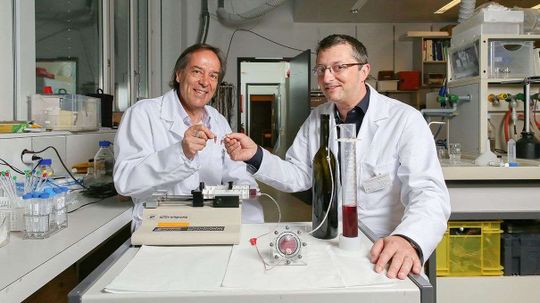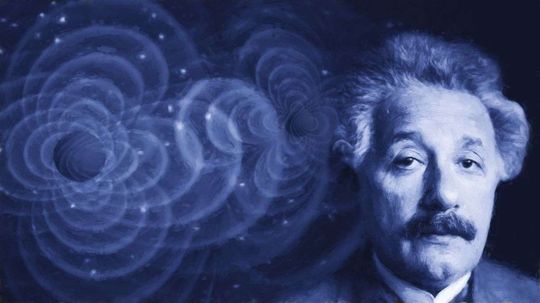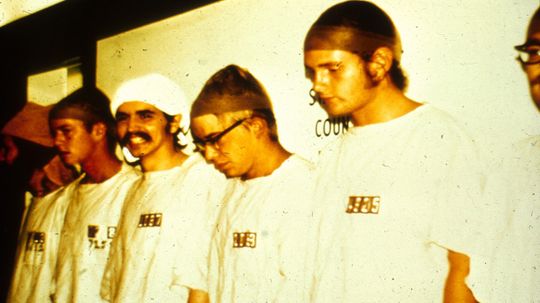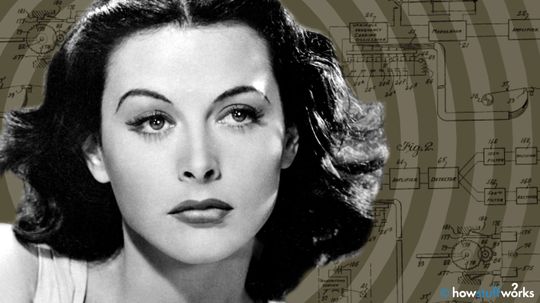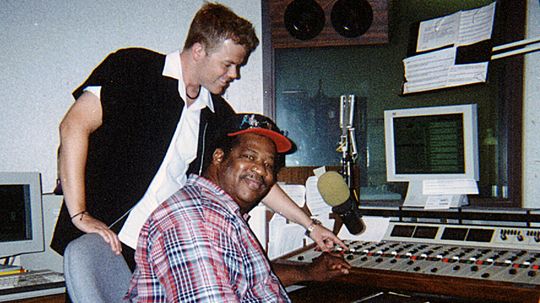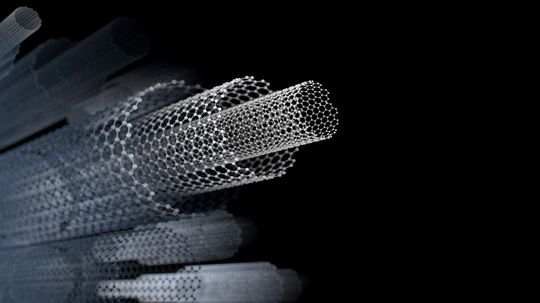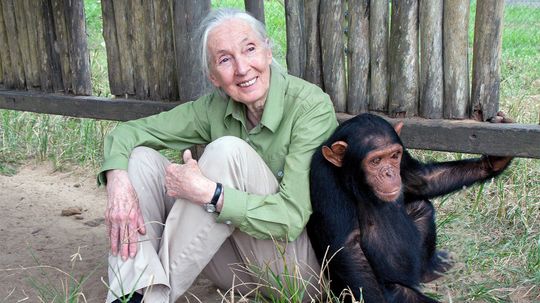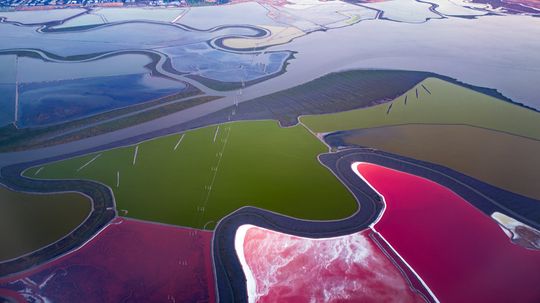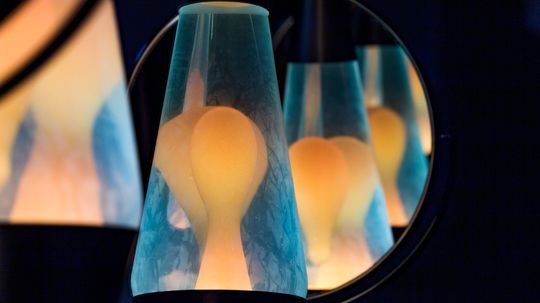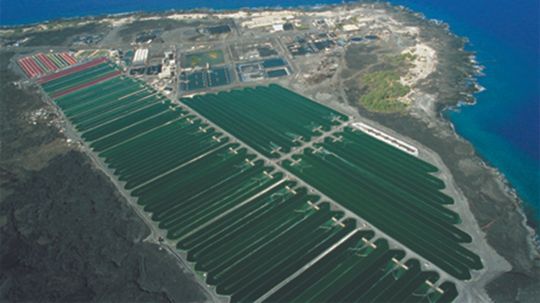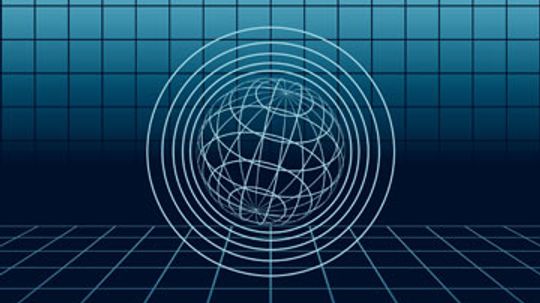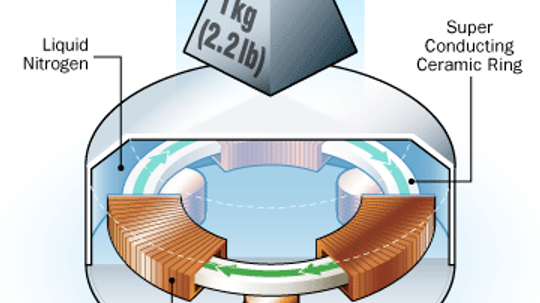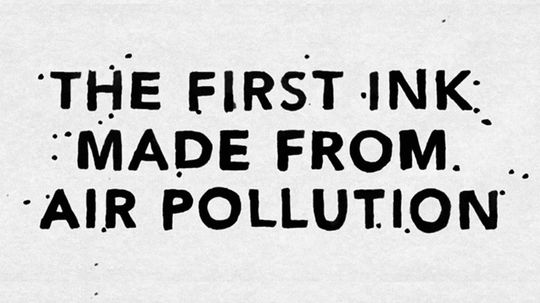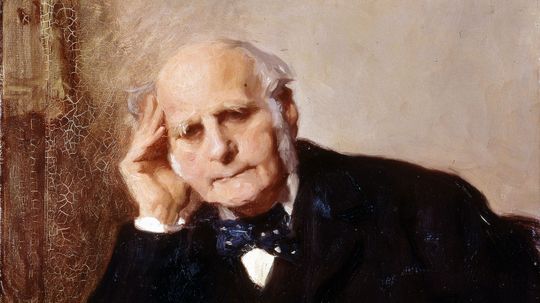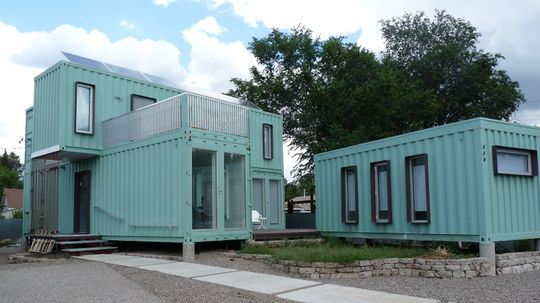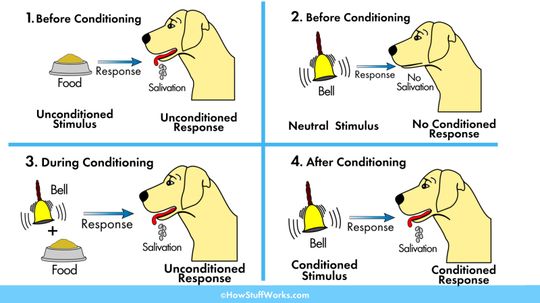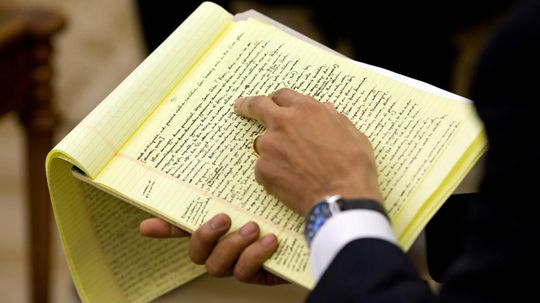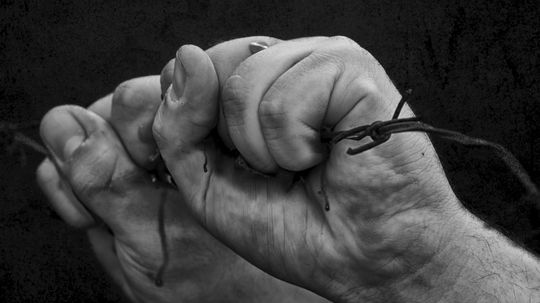Innovation
Do you know how common everyday items, such as mirrors, fireworks or sunglasses work? This collection of Innovation articles explores the workings of objects you may come into contact with on a regular basis.
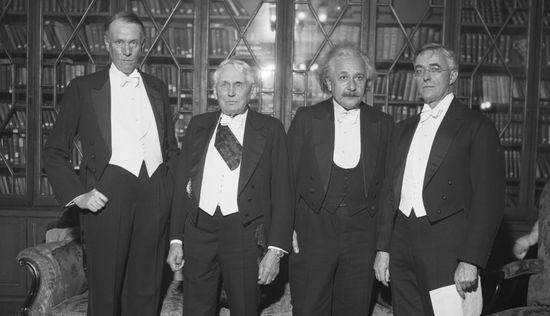
10 Nobel Laureates Whose Work Changed the World
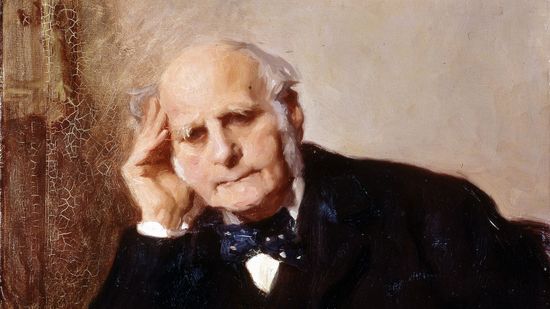
Eugenics Overshadows the Legacy of Scientific Genius Francis Galton
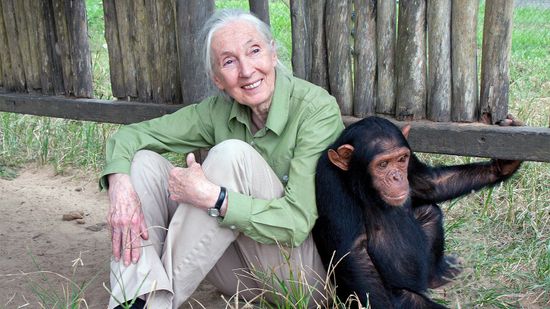
Jane Goodall: A Global Face for Global Peace
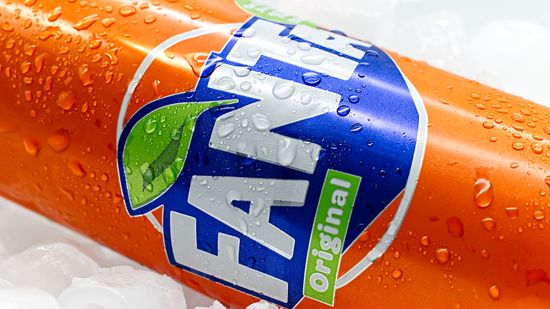
Who Made Fanta? Was It Really the Nazis' Favorite Soda?

'Mad Honey' Comes From Bees That Gather This Specific Nectar

Barrels and Barrels of Aged Beer
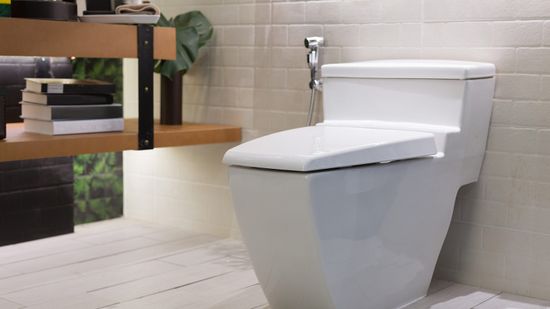
Who Invented the Toilet? A Brief History of the Flush
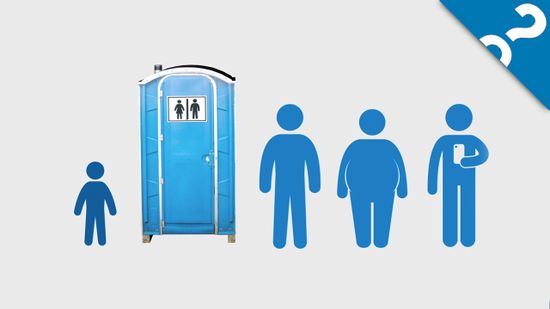
HowStuffWorks: How Porta Potties Work
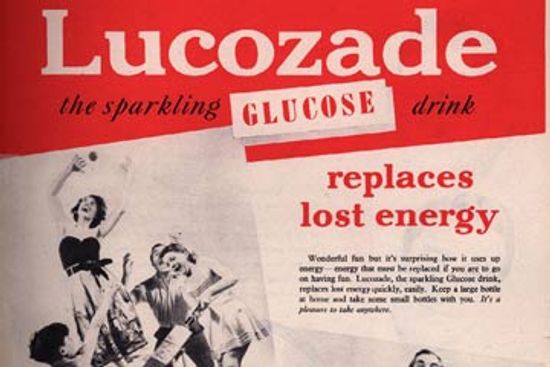
Who invented sports drinks?

Meet the Man Who Invented Cool Whip, Tang and Pop Rocks
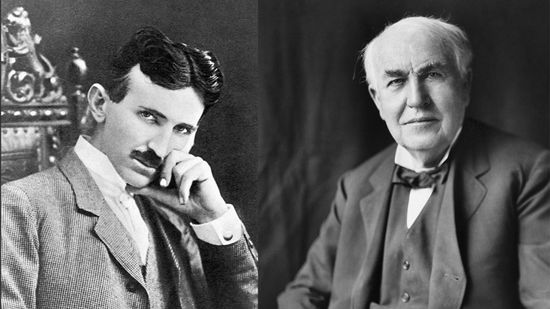
Thomas Edison vs. Nikola Tesla Quiz
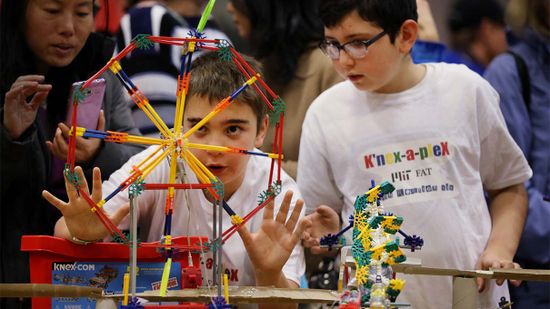
Rube Goldberg: The Man Behind the Ingenious Contraptions
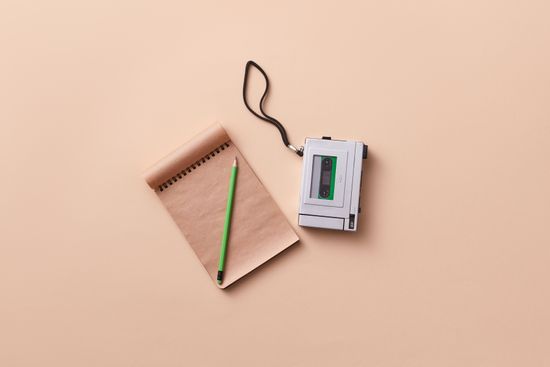
The Evolution of Dictaphones: A Comprehensive History
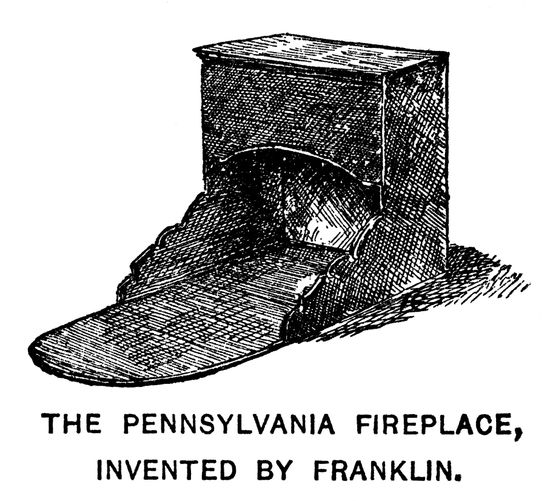
The Evolution of the Franklin Stove: From Invention to Modern Efficiency
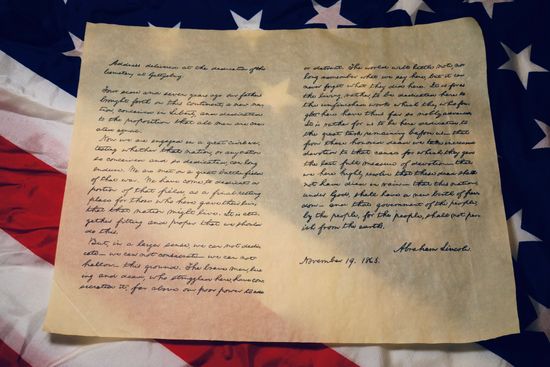
The Fascinating History of the Mimeograph Machine
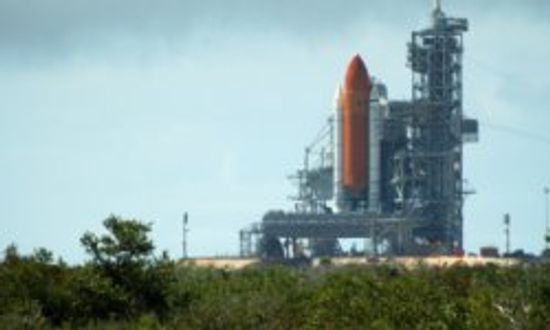
5 Green NASA Inventions
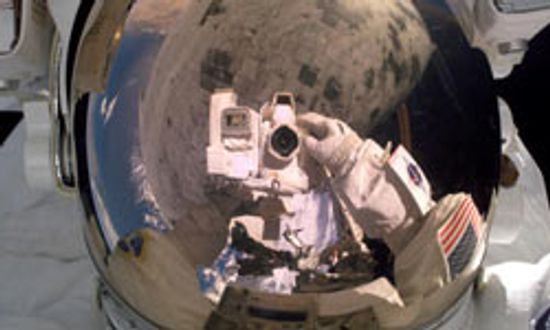
5 Types of NASA Technology in Your Attic
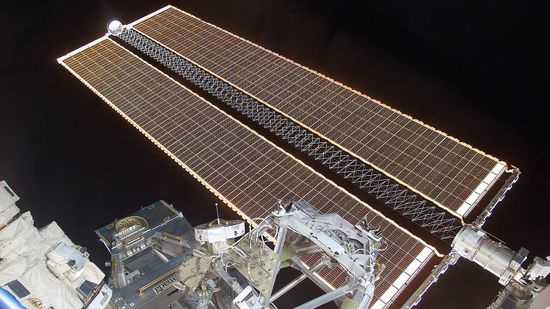
How Has NASA Improved Solar Energy?

How hard is the patent application process?

How to File a Patent
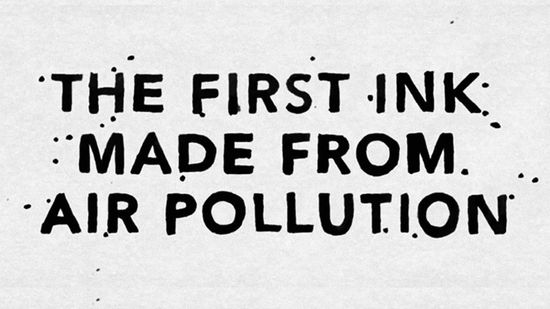
Turning Air Pollution Into Ink

10 New Uses for Old Inventions

How Do QR Codes Work? 2D Barcodes Explained
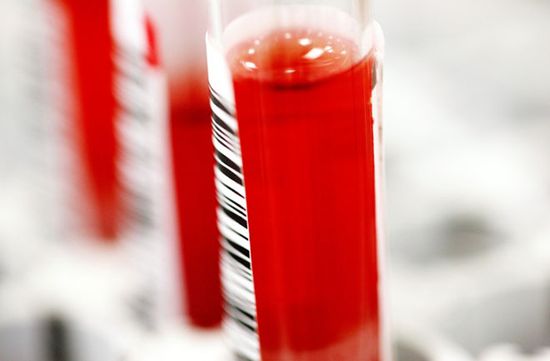
How can a bar code save your life?
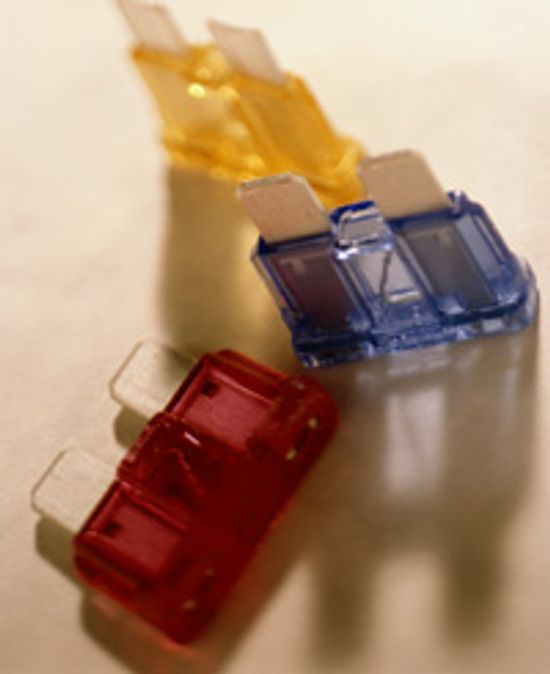
Is it possible to fix a blown fuse with a chewing gum wrapper?
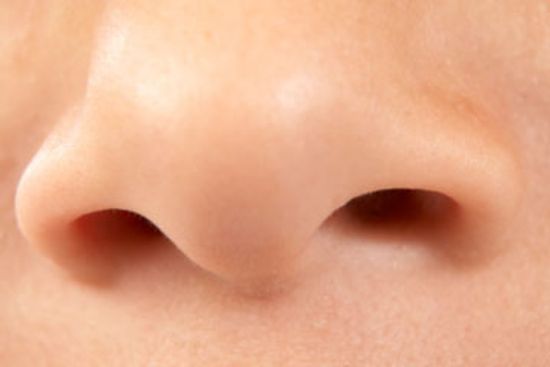
How do scratch-and-sniff stickers work?

10 Oddball Questions Scientists Have Genuinely Tried to Answer
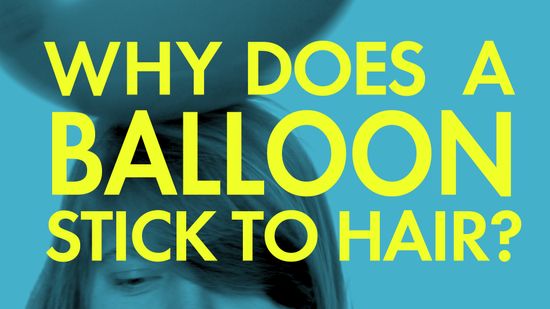
Why does a balloon stick to hair?
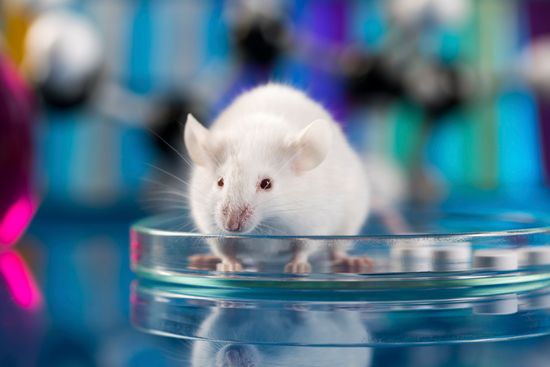
Why Do We Experiment on Mice?
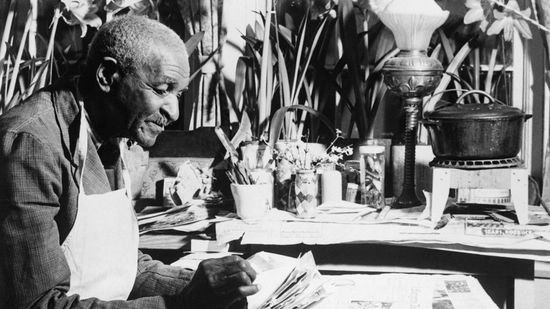
10 Black Scientists You Should Know
Learn More / Page 10
Researchers have discovered a way to trigger and control a visual hallucination without drugs, illness or direct brain stimulation.
Paper airplanes are much more than child's play.
Researchers develop a gadget that lets winemakers hasten the fermentation process, experiment more.
Advertisement
In 1915, the great physicist predicted the existence of ripples in space-time called gravitational waves. A century later, scientists finally have detected them on Earth.
The Stanford Prison Experiment is one of the most well-known psychological studies, infamous for the participants' cruel behavior. But the whole story of the study is much more complex.
After surveying thousands of published genetics papers, researchers found nearly one-fifth had errors caused by Microsoft Excel in their supplementary files. Uh-oh.
Ever wonder what's happening as your hair changes color? Permanent hair dyes physically and chemically change each hair, whether it's mermaid blue or bleach blonde.
Advertisement
Hedy Lamarr's twin passions were acting and inventing. During World War II, she came up with a secret communication system that paved the way for technology like WiFi and GPS. But for decades, people thought this was an urban legend.
If you're a gamer, you've got Jerry Lawson to thank for inventing the first commercial home video game console with interchangeable game cartridges.
This is one 'supermaterial' that might actually live up to its hype. So what is graphene really, and why is it so versatile?
In her legendary 60-year career, Jane Goodall has made being an intrepid scientist, environmentalist, writer and teacher look easy.
Advertisement
Salt is something most of us use without thinking about it. But with so many options available, how do we know what's best?
By Shaun Chavis
You've seen them. Those iconic, mesmerizing liquid sculptures that dance inside a glass bottle, casting a warm and nostalgic glow. Yes, we're talking about the lava lamp. But, how do lava lamps work?
Algae represents big money to some investors and could provide protein to help solve the problem of world hunger.
Nothing quite thrills like seeing fireworks light up the night sky. A lot of design and planning goes into creating the awe-inspiring shapes we've come to love.
Advertisement
Many people consider caviar, unfertilized sturgeon eggs, to be a delicious delicacy. But how exactly is this luxury harvested, and what is the proper way to eat it?
Gravity dictates the structure of the universe, from the way cosmic bodies form to the way they orbit more massive planets or stars. Has it always played such a starring role in our cosmic history?
By Robert Lamb
Gravity is great, but if we could figure out how to selectively reduce its effects, we could cut the energy demands of travel and transportation. Don't cheaper airline tickets sound pretty good?
By Robert Lamb
The pollution produced by cars, trucks and factories can be recycled as ink, cleaning the air of dangerous particulate matter and turning it into a useful product.
By Jim Marion
Advertisement
Galton was a pioneer in meteorology, psychology, statistics, biometrics, forensics and anthropology. But all of that is overshadowed by his promotion of and work on eugenics.
By Dave Roos
The trend toward tiny houses and rabid clutter clearing have combined to lead more than a few people away from the traditional home and into shipping container life.
From Isaac Newton to Ivan Pavlov, scientists have developed and tested hypotheses through carefully crafted experiments for centuries. Here are three groundbreaking hypotheses and the predictions they tested.
By Mark Mancini
A drone with some petri dishes attached is making research much less stressful for whales and scientists alike.
Advertisement
They're instantly recognizable - mostly for their color. We're talking about yellow legal pads. So who decided they'd be yellow, anyway?
By Meg Sparwath
Some truly bizarre and troubling things have been done through the ages in the quest for scientific knowledge. The 10 experiments on this list all made humans into lab rats.


